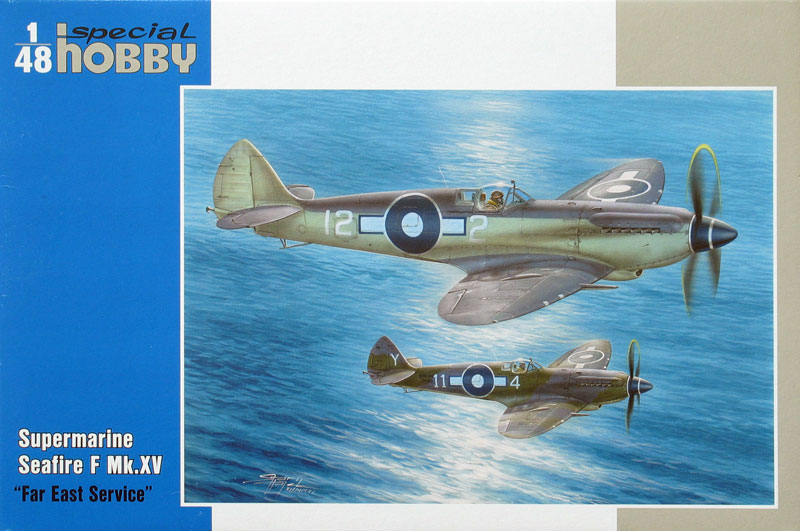Sorry, missed the bit about the seat-back; the cushion is not easy to pin down, since it was supplied by the seat-makers, who were based in Glasgow, so could have been "standard," or Basil" leather (made from sheepskin.) My feeling is that it would have been a brown, of some type.
Not necessary, in a model, but possibly of interest, is that late Seafire seats tended to have two wooden strips attached to the back, presumably as a brace, to stop the seat rocking during arrested landings and assisted take-offs. This led to the "QS" harness being introduced from August, 1946; this had a parachute-box style of release, rather than the Sutton-style, as seen during the war, and seems to have been a middle-blue colour, rather than tan.
Edgar













 Ant
Ant









